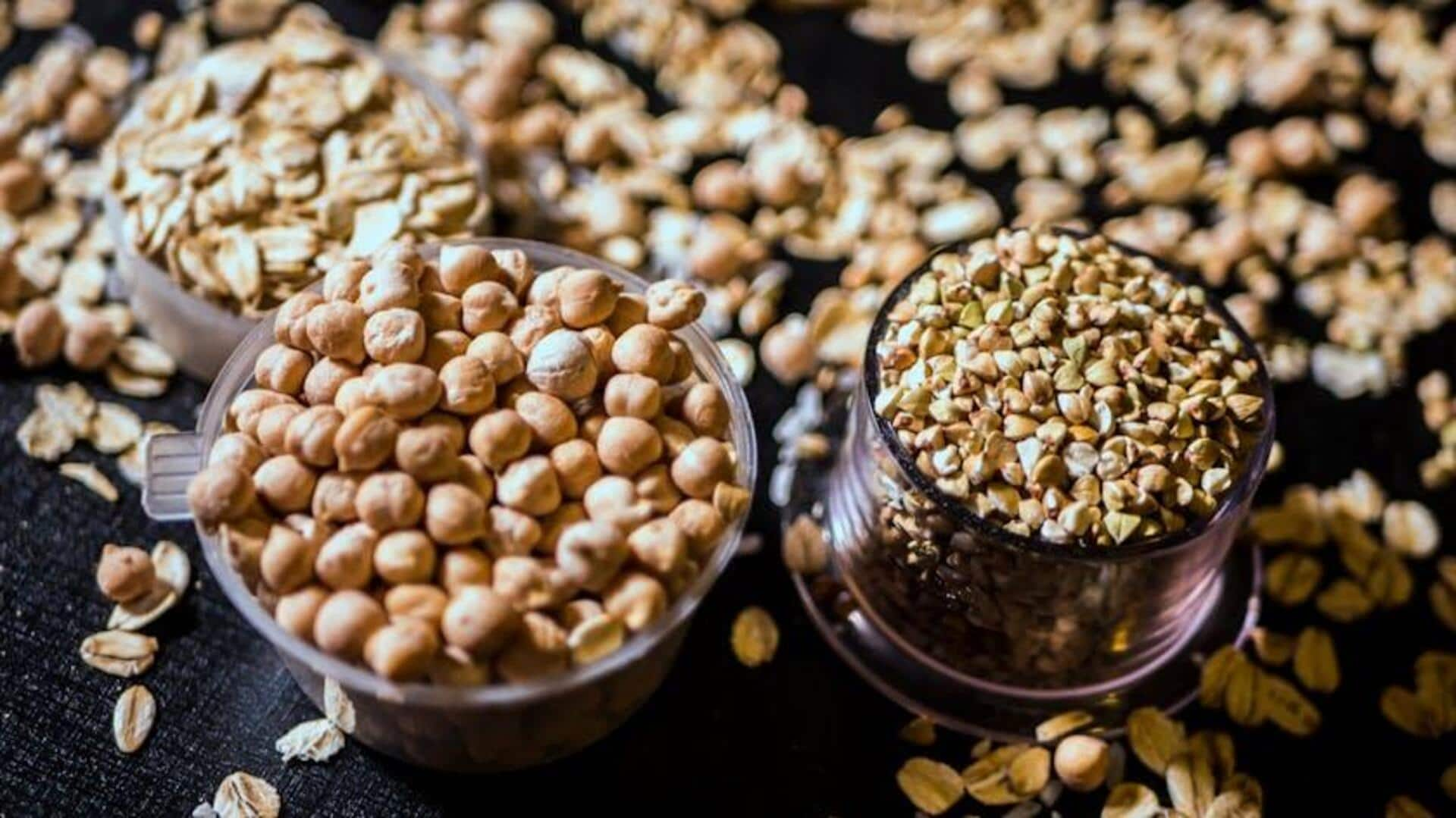
Why you must add ancient grains to your meals
What's the story
Africa is home to a number of ancient grains that have been cultivated for centuries. Not only are these grains rich in nutrients, but they also provide sustainable farming options. As people seek out healthier and more diverse food sources, these grains make for an excellent alternative to more common staples. Exploring these ancient grains can add nutritional value and variety to everyday meals, making them a worthwhile addition to any diet.
Sorghum
Sorghum: A versatile grain
Sorghum, one of Africa's most widely grown crops, is known for its drought-resistant properties. It is packed with protein, fiber, and essential minerals like iron and phosphorus. Sorghum can be used in the form of flour or syrup and is commonly used in porridge or flatbreads. Its versatility makes it an excellent choice for anyone looking to diversify their grain intake while reaping its nutritional benefits.
Millet
Millet: Nutrient-dense option
Another ancient grain is millet, which is grown in arid parts of Africa. Due to its high magnesium, phosphorus, and B vitamins content, millet makes for a nutrient-dense choice for everyday consumption. Millet can either be cooked like rice or ground to make flour for baking. Its mild flavor makes it mix well with other ingredients, giving a healthy base to many dishes without overpowering them.
Teff
Teff: Tiny grain with big benefits
Though teff is a tiny Ethiopian grain, it packs a punch with its nutritional benefits. It is high in protein and calcium and has all eight essential amino acids needed by the body. Teff flour is often used to make injera, a traditional Ethiopian flatbread. Its distinctive flavor enhances recipes while providing health benefits like better digestion from its high fiber content.
Fonio
Fonio: Quick-cooking superfood
Fonio has been grown throughout West Africa for thousands of years, thanks to its resistance to harsh climates and poor soil. This quick-cooking grain contains impressive amounts of iron, zinc, magnesium, and amino acids like methionine, which are often missing in other cereals. Fonio's light texture makes it perfect as a side dish or salad ingredient, while providing valuable nutrients required by the body daily.